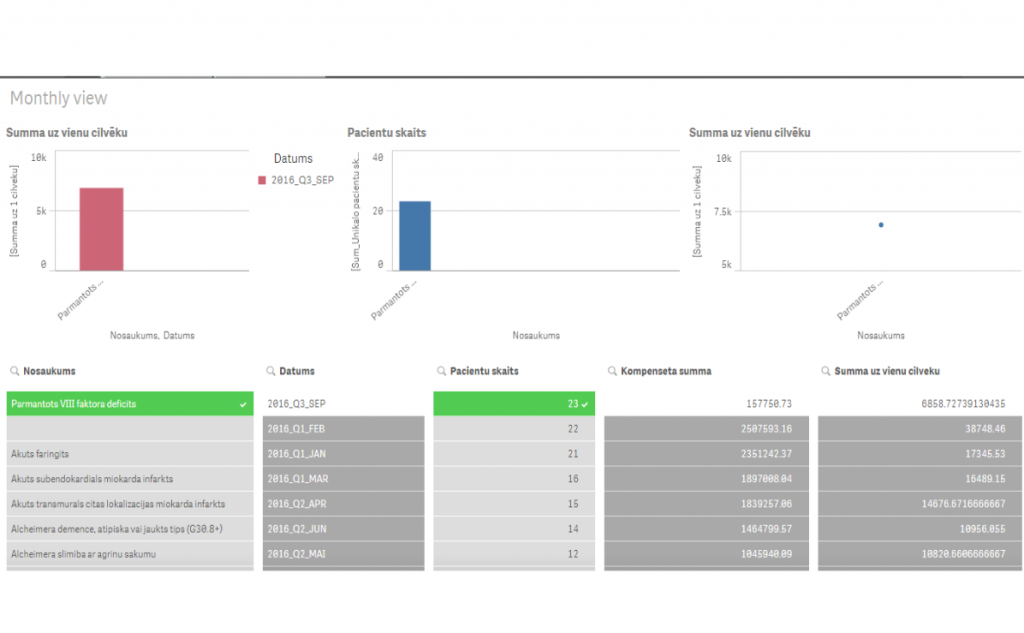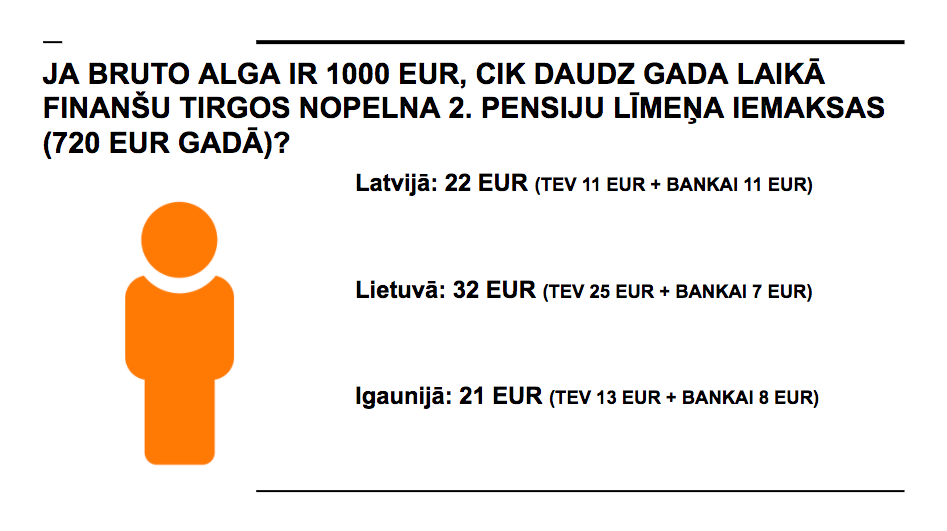This blog is part of the event report series on International Open Data Day 2017. On Saturday 4 March, groups from around the world organised over 300 events to celebrate, promote and spread the use of open data. 44 events received additional support through the Open Knowledge International mini-grants scheme, funded by SPARC, the Open Contracting Program of Hivos, Article 19, Hewlett Foundation and the UK Foreign & Commonwealth Office. This event was part of the Human rights theme.
This is an English translation of the Latvian blog at http://www.datuskola.lv/2017/03/05/atverto-datu-hakatona-laika-atklaj-vairakus-datos-balstitus-pieradijumus-sabiedribas-veselibas-nozare/
On Sunday 4th March during Open Data Day, six new data projects have started in a Data Hackathon. Three of them were dedicated to human rights, to access good healthcare and to find new solutions on what should be done to provide the accessibility for health. The teams have also been focusing on the rights to education for people with special needs to understand if inclusive education actually works in Riga.

The participants of the hackathon chose two projects as winners. One of the winning teams created an example for a tool that would allow patients to write in their diagnosis and see all compensated medicaments and the compensation amounts in the selected country. The new tool brings attention towards the support each individual could get in case of a rare disease.

2nd Graphic: Number of patients
3rd Graphic: Sum for one person
Table – 1) Disease 2) Date 3) Number of patients 4) The amount of compensation 5) The sum for one person
The second best team addressed social security as a human right. The team analysed yields and bank fees across all Baltic states to compare investment profitability. The team compared situations in Baltic countries and concluded that from a 1000 euros salary, an individual gets the least in Estonia, but the most in Lithuania.

Latvia: 22 euros (for you 22 euros + for bank 11 euros)
Lithuania: 32 euros (for you 25 euros + for bank 7 euros)
Estonia: 21 euros (for you 13 euros + for bank 8 euros)
Another team focused on health check availability, an important topic for the public health sector. They concluded with a map of pharmacies in Riga, the capital of Latvia, where there should be stations for men between 20-40 years old to check if they have been infected with HIV.

This year one team researched the budget in the field of defence. The team created a detailed view on how the state of Latvia has tried to reach for a defence budget of 2% of the gross domestic product (GDP).
The right to inclusive education has also been a topic this year and has been viewed from a data perspective. Even though there have been 34 million euros funding for inclusive education in the period 2014-2020, more and more children in Riga who are registered as individuals with mental and learning disorders are being separated from their peers and learn in special schools.
Besides these projects, the participants of the hackathon had a chance to see a presentation for a data project that has not been created during the hackathon, which gathered data about electromagnetic radiation in the centre of Riga. This data project discovered spots in a map where the radiation exceeds the norm, even as much as 5 times, and harms people health.
The work on the projects that has been started during Open Data hackathon continues: results will be prepared for publications in the media and for use in NGO projects.
This is already the second Open Data hackathon. We thank visualisation company Infogram, the Nordic Council of Ministers’ office in Latvia, Open Knowledge International and the UK Foreign & Commonwealth Office for their support to create this event.








